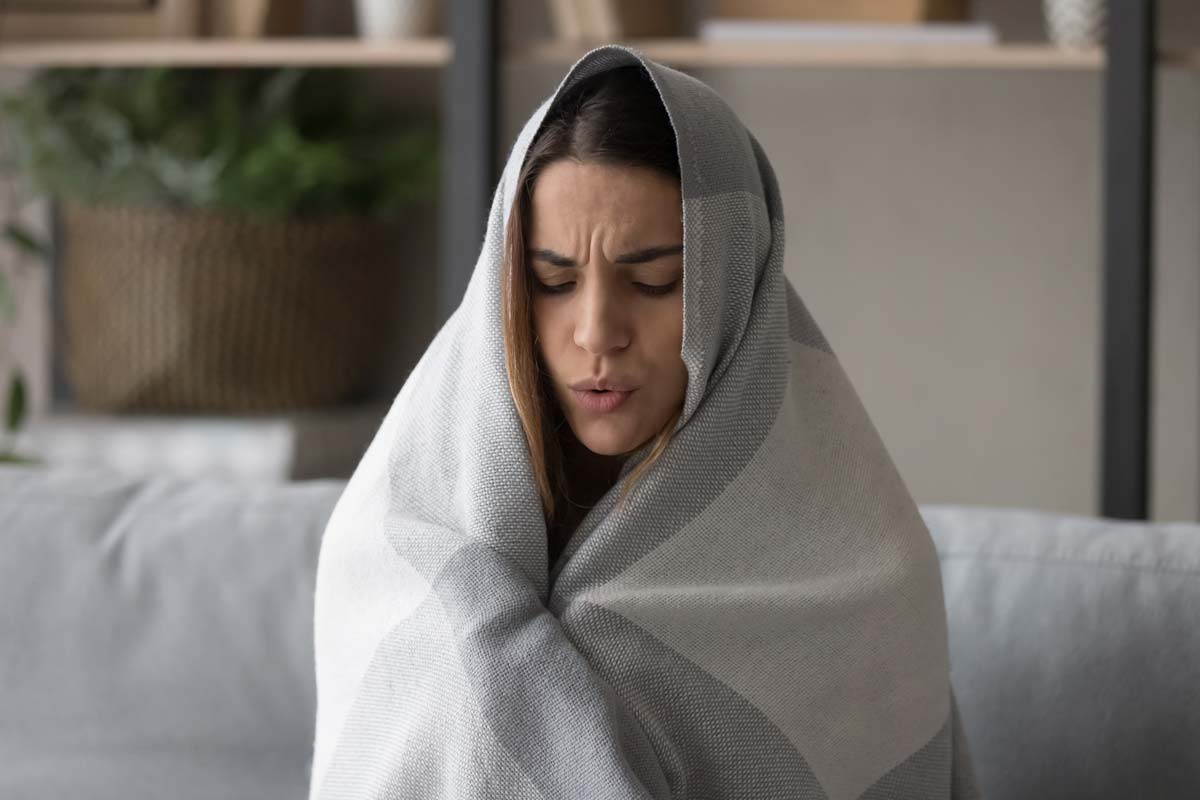You can’t go a day without hearing about the terrible impact of opioids on our lives. The opioid epidemic has victimized young and old, rich and poor, suburban, and urban. Some opioids are obtained by prescription; others illegally. But in either instance, opioids can be abused. And when you stop using your drug of choice, you can find yourself struggling with opioid withdrawal symptoms.
Understanding opioid withdrawal symptoms is an important step to take in helping your loved one to recover. When you see repeated challenges from opioid withdrawal, it’s probably time to call for professional help at an opioid detox center.
What Are Opioids?
Opioids are a broad category of drugs prescribed as painkillers that, if misused, can lead to addiction, health problems, and even death. They include both legal substances, such as Oxycontin, as well as illegal and extremely dangerous illicit drugs such as heroin and fentanyl.
Opioids originate from the poppy plants. Some are naturally synthesized from the plant, while others are made by drug chemists.
Opioid Epidemic
The nation has been facing a public health emergency from the overuse of opioids for almost two decades leading to specialized centers, such as heroin detox centers. The number of people caught up in the emergency have been staggering – according to the CDC, an estimated 70 percent of the 67,000 people who died from drug overdoses in 2018 fell to the epidemic of opioids.
Many thousands more become extremely ill from opioid use, leading to an estimated 80,000 visits to the emergency room each year.
Opioid Withdrawal Symptoms
Many people think the answer to the opioid epidemic is for individuals to simply stop using them. However, opioid withdrawal symptoms can be painful, uncomfortable, and sometimes life-threatening.
They will show themselves a little differently for everyone. But generally speaking, the major opioid withdrawal symptoms include:
- Agitation
- Disrupted sleep
- Excessive yawning
- Diarrhea and vomiting
- Rapid heartbeat
- High blood pressure
- Hallucinations
- Seizures
Over the long term, overuse of opioids can do severe damage to your relationships and career, and even worse — to your health. You are at increased risk of various side effects, such as infection with hepatitis or HIV (if you use a needle for injections), cardiac and lung issues, and potential death from overdose.
Treatment for Opioid Abuse
The fiercely addicting nature of opioids makes it critically important for you to seek professional support in addressing your substance abuse. It’s just too difficult to free yourself from opioids on your own. But you may be wondering what treatment will be like.
Rest assured that millions of people have found their way back from addiction to resume a sober life through the benefits of treatment. And while every individual case is different, you can expect to go through some common stages in treatment. These include:
- Assessment and evaluation – to benchmark your mental and physical health
- Treatment planning – a detailed roadmap for your recovery
- Drug detox – a period where you stop using substances to remove the toxins from your body
- Addiction counseling – individual and group professional therapy to help you build ways of coping with the temptations of substance abuse
- Aftercare services – a critical stage that involves providing support to reduce risks of relapse
Opioid withdrawal symptoms will be front and center during detox. In this period, doctors will oversee your reaction and response to withdrawal to make sure you stay safe.
Help with Addiction
The opioid epidemic has become a disastrous part of American society. These drugs, both prescription and illicit, are intensely addicting. Once you become dependent on opioids, you need professional support from professionals such as those at Midwest Detox Center. Our team of specialists applies evidence-based treatments for substance abuse treatment and recovery, and to help you navigate opioid withdrawal symptoms. We provide a comfortable, caring environment designed to help you take the next steps in your recovery.
Contact us to learn more about our detox treatment center. Don’t go it alone. Call 833.647.0392 for a confidential consultation.







